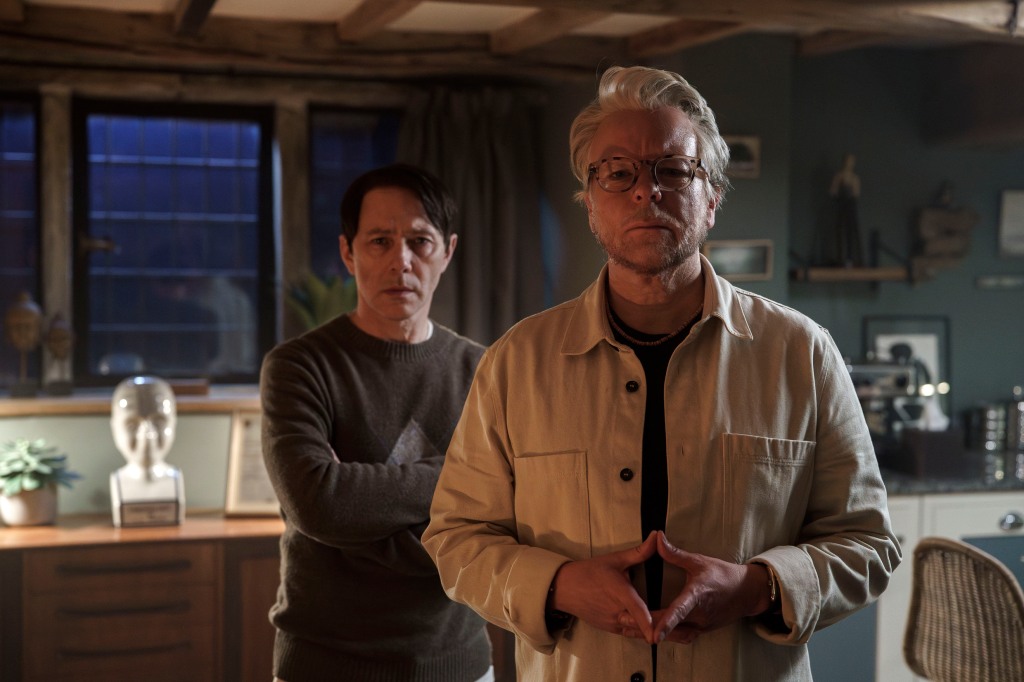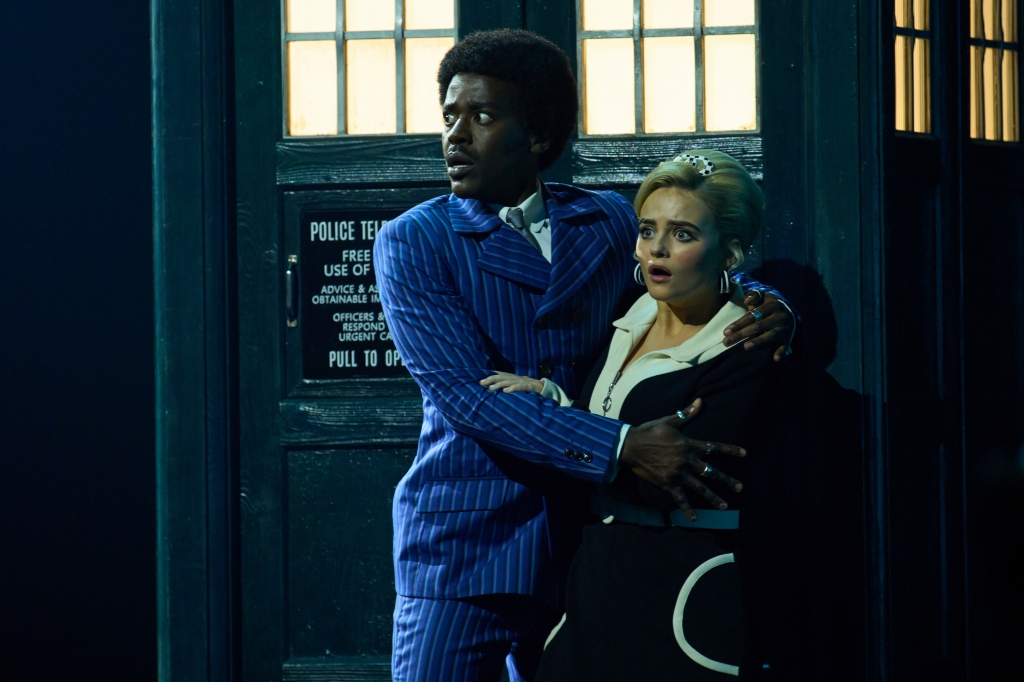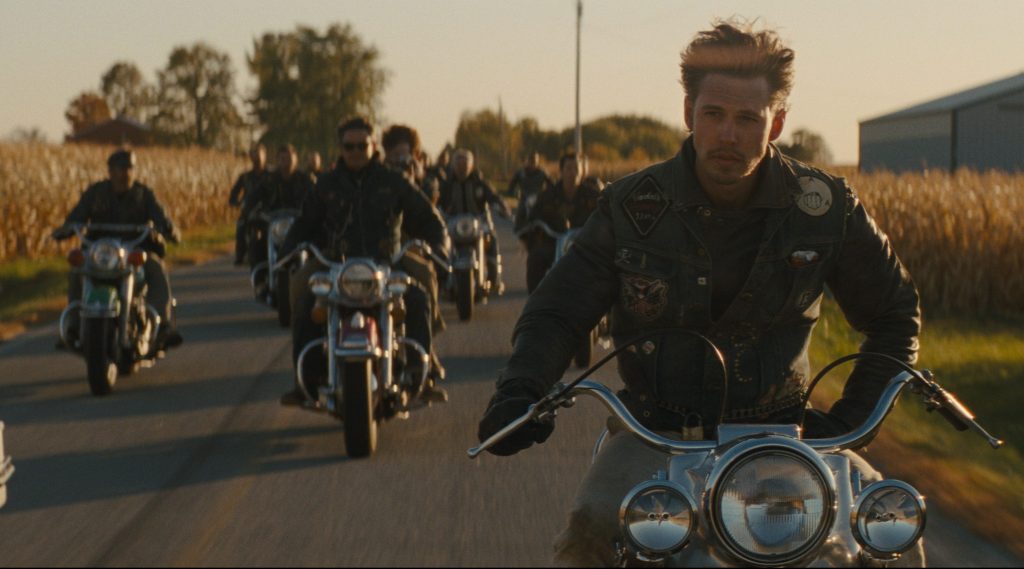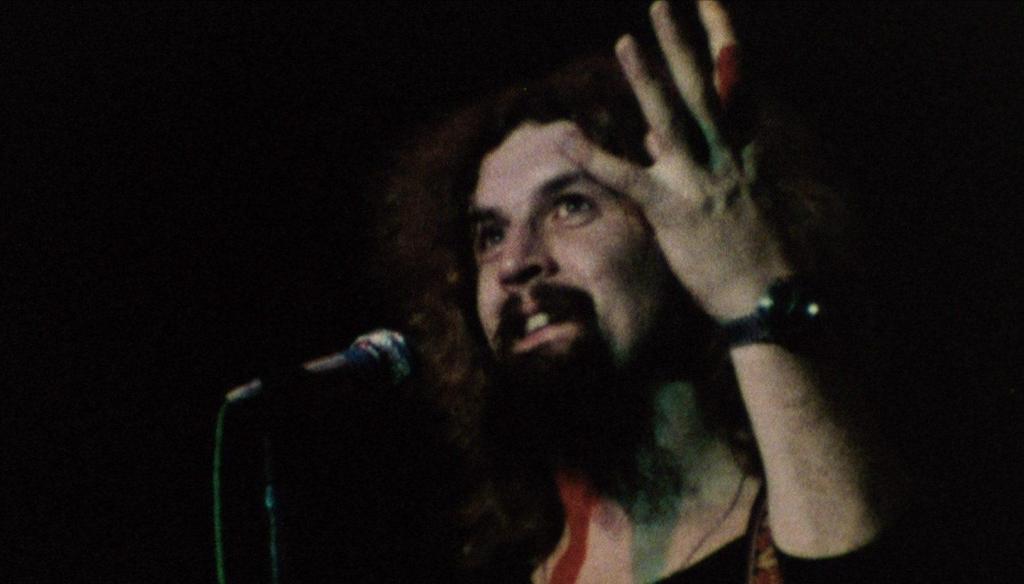After a two year hiatus, His Dark Materials finally returned to our screens for the final season. Unlike previous outings though, the entirety of Season 3 – based upon Philip Pullman‘s The Amber Spyglass – was instantly available on BBC iPlayer, as well as broadcasting weekly on BBC One, making my usual weekly blog feel admittedly a bit redundant. One of the positives of this decision does mean that fans can watch the series as one ‘novel’ as opposed to putting the pieces together over eight weeks, allowing for a more complete look at the adaptation as a whole.

I was a little concerned that diving back into a story already two-thirds of the way through after a two-year break would be a bit difficult, but the show smartly starts off with a small time-jump between the end of Season 2 and the beginning of Season 3. An animated prologue helps to not only re-establish the series but also introduce the rather complex narrative of this final run of episodes, easing audiences into the story.
It would be easy to say that The Amber Spyglass is unfilmable – how can the creative team tackle the Land of the Dead, the Mulefa, and a battle against angels without it feeling anti-climactic or cheap? But the team at Bad Wolf have done an impressive job, maintaining the standards of the previous seasons, even with that pesky Covid no doubt causing a whole host of issues. Inevitably, certain aspects have been changed for this TV adaptation: the bears of Svalbard are largely – and unfortunately – absent, while the big battle at the end feels limited by budget, despite actually looking quite good. The Mulefa are rather confusingly described in Pullman’s novel, and have been re-imagined here in a version that feels faithful whilst also working for the medium. The production values as a whole feel consistently strong: the dæmons never look out of the place, Iorek looks pretty much photorealistic and the effects on the angels are wonderful.

The ensemble cast are equally wonderful: it’s been incredible to see Dafne Keen and Amir Wilson grow up in their roles as Lyra and Will, in much the same way as the cast of the Harry Potter films; both are such incredibly talented young actors that I can’t wait to see what they do next (Keen has already been cast in a future Star Wars series on Disney+). James McAvoy is given a much larger role this season as Lord Asriel, and manages to find a unique balance between unhinged ego and cool, fierce intelligence. Ruth Wilson is absolutely brilliant as ever as Mrs. Coulter, while Will Keen is particularly menacing as the Father President of the Magisterium. The expanded role for Commander Ogunwe helps to build upon the worlds Pullman created, with Adewale Akinnuoye-Agbaje‘s down-to-earth performance helping to sell the stakes, without ever feeling over-dramatic. A rather curious decision is to alternate between the witches joining Lord Asriel, with Jade Anouka‘s Ruta Skadi dying part-way through the season to be almost immediately replaced by Ruta Gedmintas‘ Serafina Pekkala in a manner that almost feels comical. Father Gomez makes for an intriguing villain the novel, but despite a solid performance from Jamie Ward, the character doesn’t seem to quite work on TV, for whatever reason.
If there’s an obvious issue with the season as a whole, it’s curiously with the pacing. The story is so huge in scope and scale that I’d imagined the eight episodes would rocket by, but instead the show is able to take its time, working as an advantage in developing the characters and broadening the scope of the narrative, but oftentimes feeling a bit too slow for its own good. It takes two episodes for Lyra to be rescued from Mrs. Coulter, a whole episode discussing whether or not to go to the Land of the Dead, and an entire episode hanging around at the edge of the Land of the Dead waiting to get in. Not to mention that the last episode is essentially an extended epilogue, that while not tedious feels like half an episode of story rather than a full hour’s worth. The anti-climactic end for Father Gomez is true to Pullman’s style – the Authority’s fate is similarly handled – but doesn’t quite work when the series has otherwise resolved its main conflicts. This all being said, the season is never boring, and boasts some terrific sequences throughout: Lyra parting with Pan is surprisingly well-handled considering the show’s past troubles with keeping dæmons consistently present and connected with their human counterparts.

Looking at the season as a whole, it’s a strong end to the series. His Dark Materials isn’t quite a perfect show, sometimes feeling limited by its budget, but its determination to tell Philip Pullman’s story faithfully whilst competing with a whole range of other big-budget fantasy series has resulted in what I’d argue to be one the finest British television series ever produced – at least from the level of care put into every aspect of the show: the acting is excellent, the cinematography cinematic, the visual effects are great, the design work is good, and together with the score by Lorne Balfe, the whole production coalesces into something really quite extraordinary, and I think everyone in the creative team should very proud of the series.
The prospect of Bad Wolf producing the next series of Doctor Who is incredibly exciting. His Dark Materials season 3 may not be perfect, but it did manage to reach a satisfying and emotional ending. While the final title-card teases another season – adapting Pullman’s unfinished The Book of Dust trilogy – if a continuation never materialises in our world, at least we have an excellent adaptation of the author’s seminal trilogy.







![The Cat And The Canary Blu-ray review: Dir. Paul Leni [Masters Of Cinema]](https://criticalpopcorn.com/wp-content/uploads/2024/04/image-5.png?w=1024)




![Crimson Peak Limited Edition 4K UHD review: Dir. Guillermo del Toro [Arrow Video]](https://criticalpopcorn.com/wp-content/uploads/2024/04/crimson-peak-4k-arrow-video-highdef-digest-full.jpg?w=1024)
Post your thoughts